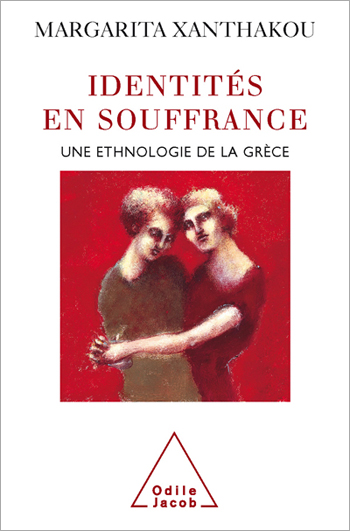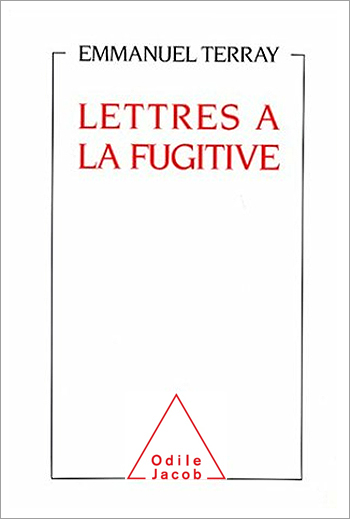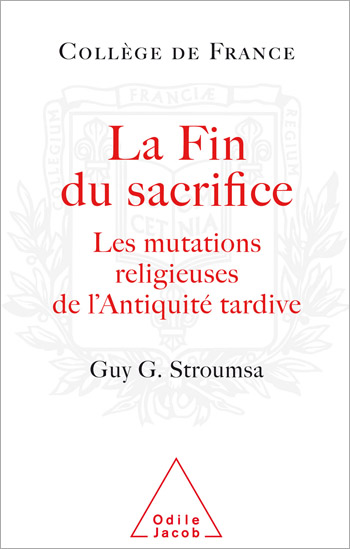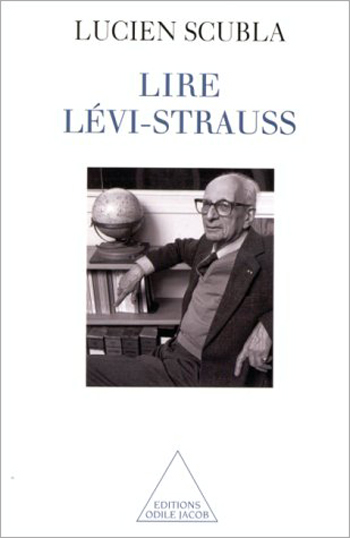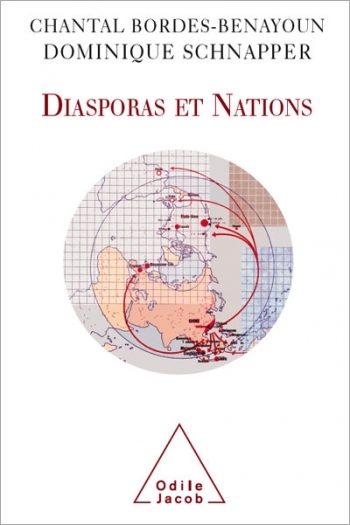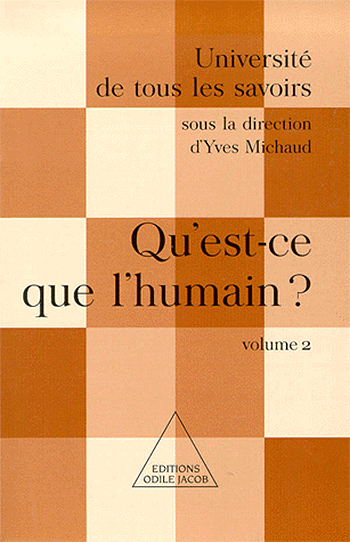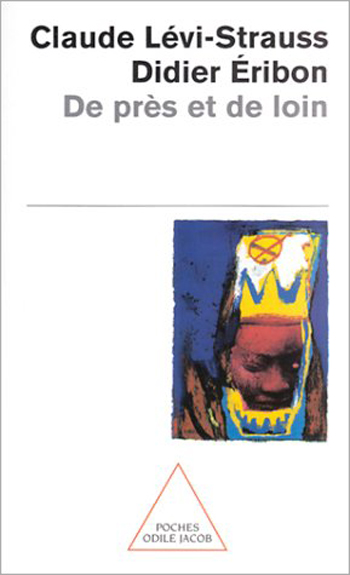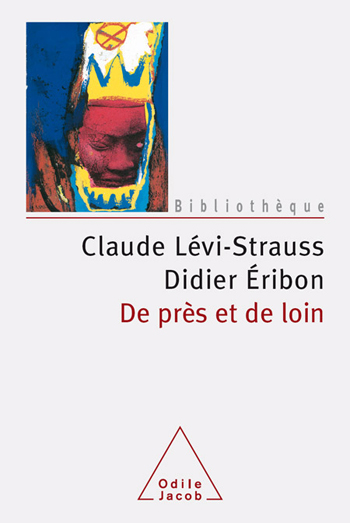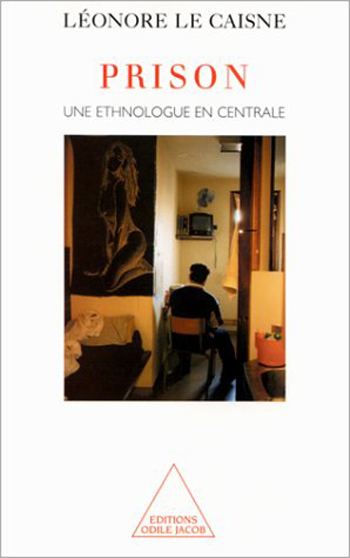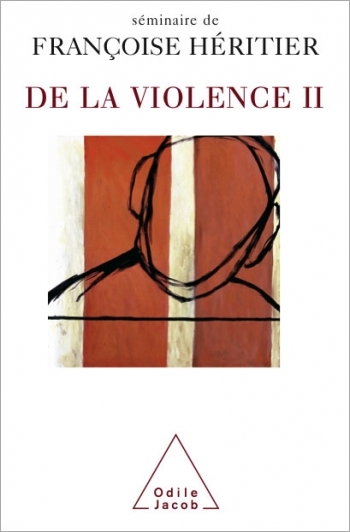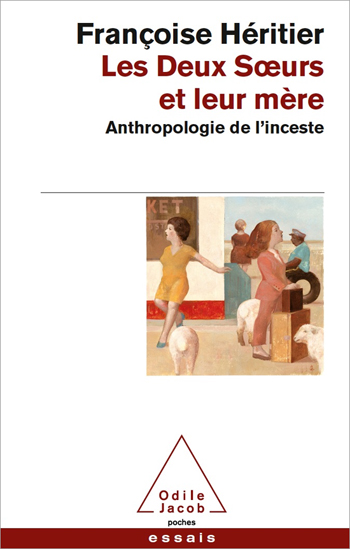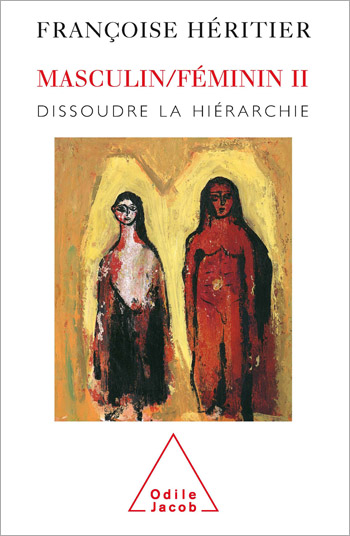Anthropology, Ethnology All books
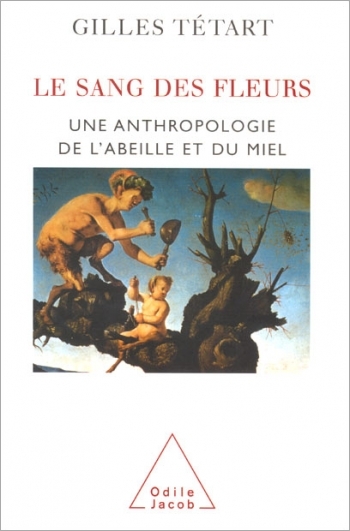
Gilles Tétart
The Blood of Poets
The first and constant motive of my scientific life has always been the blood, and its formation, diseases and mutations. During the day, I studied corpuscles and serums. In the evening I read or reread poetry. Sometimes I came across blood once again. An intuition, an allusion of a poet came to clarify my clinical or biological reflections of the next day. These kind of exchanges have inspired this book, which constitutes a personal anthology. It is the same blood which runs in the veins of Iphigenis before the planned sacrifice, as wriggles under our gaze using the microscope, and as draws our eyes to the lips it colours The present anthology bears witness to this unity and this diversity of the blood. Jean Bernard Jean Bernard is a member of the Acadamié française
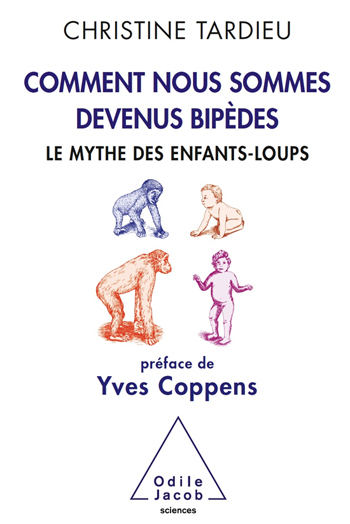
Christine Tardieu
How We Become Bipeds The Wolf-Child Myth
A history of how and why humans are the only mammals that permanently adopted bipedalism.
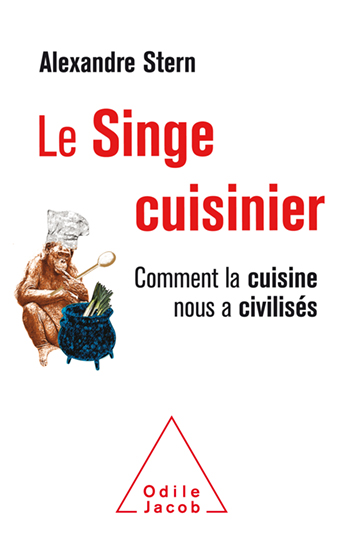
Alexandre Stern
Monkeys in the Kitchen How Cooking Made Us Human
How the invention of culinary and agricultural practices, the discovery and exchange of products, through the millennia have contributed to civilizing the human being.
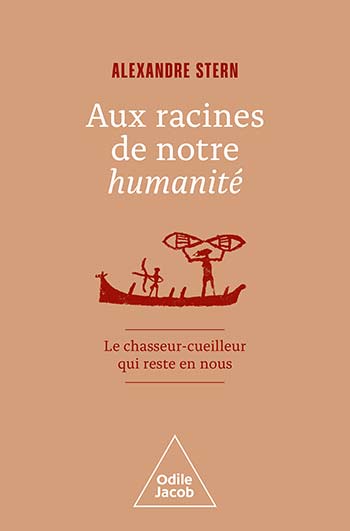
Alexandre Stern
Who Are You, Homo sapiens? Understanding Our Nature In Order to Live Better
After telling how the art of cooking had humanized, civilized our ancestral apes, Alexandre Stern explores the roots of our humanity to better examine our modern practices and ways of life.
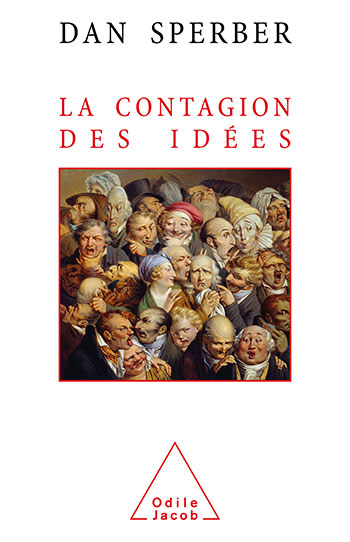
Dan Sperber
The Infectiousness of Ideas
Where do our ideas come from ? Some, just from ourselves, or at least we believe so, but the majority come from others which we then pass on in our turn. The age-old philosophical question on the origins of ideas is analysed here in relation to their mode of dissemination. In his search for the natural element of culture, Dan Sperber presents in this book an epidemiology of ideas which describes how they spread by passing from one person to another, undergoing transformations which are in the same category as mutations. He also investigates how these ideas establish themselves in the long-term by occupying our mental world without our conscious knowledge, which allows us to participate in our culture. Dan Sperber, an anthropologist, is the research director of CNRS.
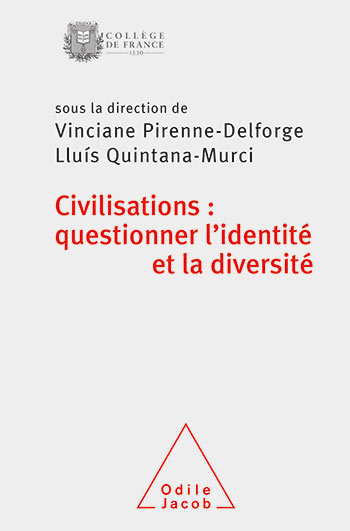
Vinciane Pirenne-Delforge, Lluis Quintana-Murci
Civilizations: Questioning Identity and Diversity: Autumn Colloquium of the Collège de France
The noun “civilization” entered Western European vocabulary in the Eighteenth Century, and at that time denoted a stage of material, social, and cultural evolution...
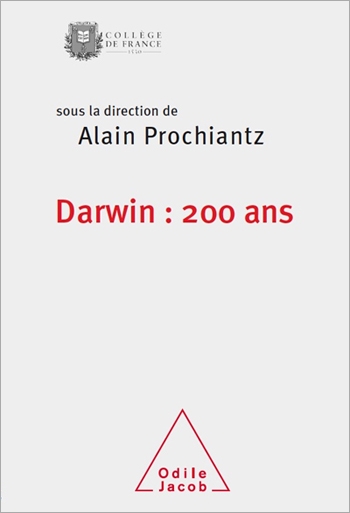
Alain Prochiantz
Darwin: 200 Years
More than an homage to a great scientist, this book, written by eminent specialists, is a perfect introduction to understanding the impact of Darwinism on contemporary thinking and science
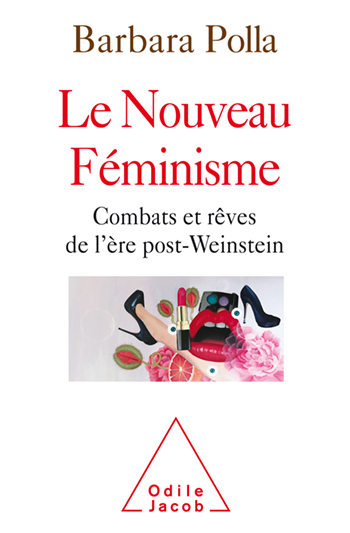
Barbara Polla
The New Feminisms Struggles and Dreams in the Post-Weinstein Era
New light shed on feminism by a woman involved in the women’s movement. To find oneself in a galaxy of feminist currents. A reflection on the status of women.
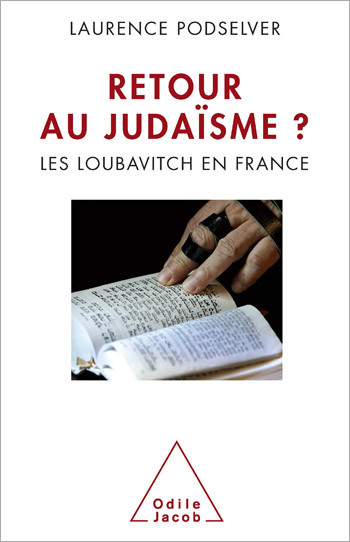
Laurence Podselver
Hasidism: The Jews of France in the Face of Fundamentalism
Based on years of study, this unusual anthropological study, helps us understand the individual itineraries that explain why so many Jews...
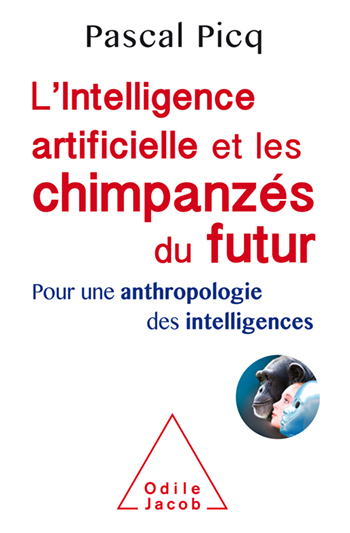
Pascal Picq
Artificial Intelligence and the Chimpanzees of the Future For an Anthropology of Intelligence
Confronted with future challenges connected with the emergence of AI, a lucid and enlightening look by a paleoanthropologist, specialist in evolution.
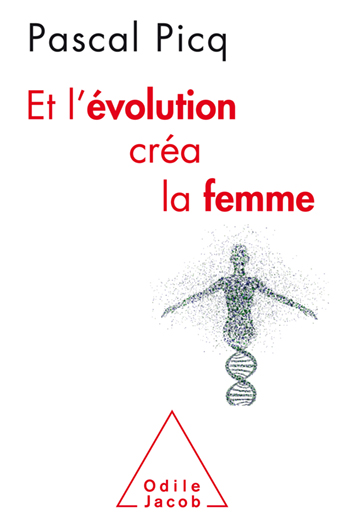
Pascal Picq
And Evolution Created Woman Sexual Coercion and Violence in Men
An accessible, compelling assessment of what has been learned concerning the relationships between the sexes/genders from an evolutionary point of view.
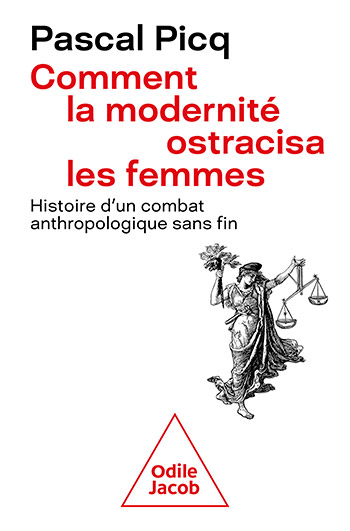
Pascal Picq
Women, Modernity and Progress
A book that looks back at history from an evolutionary perspective, by bringing women to the forefront of history and rejecting gender stereotypes that are often endorsed by historians themselves.
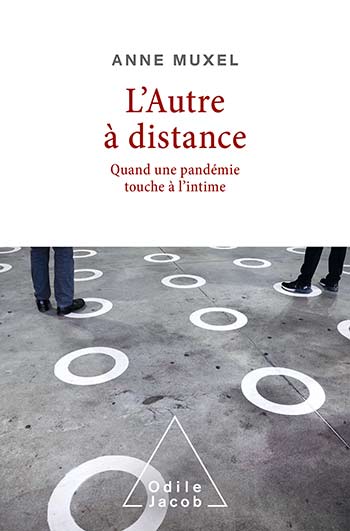
Anne Muxel
The Other at a Distance When a Pandemic Affects Intimacy
A sociological analysis that looks in depth at the upheavals brought about by the pandemic that have affected the intimate side of our existence and our relationships with others.
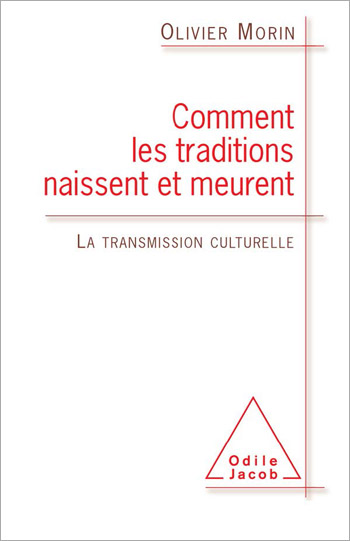
Olivier Morin
How Traditions Are Born And Die Cultural Trans
A new approach to how culture is transmitted that helps us understand the multicultural society in which we live
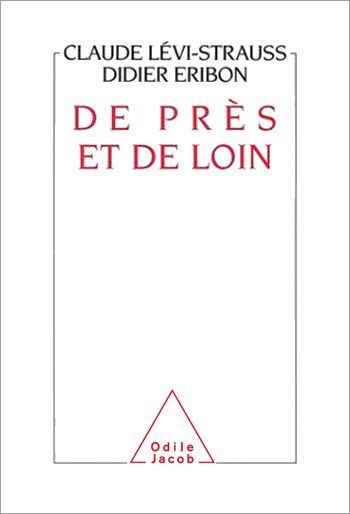
Claude Lévi-Strauss, Didier Éribon
From Far and Wide
A famous anthropologist, known as one of the greatest minds of our time, C. Lévi-Strauss is a discreet man whose autobiographical writings are few. His talks with D. Eribon not only present the reader with the keys to his works, but also convey a new perspective of our time, a 20th century of discovery and catastrophy. Through intellectual anecdotes, tales of trips and meetings, secret tastes and dislikes, we discover at the same time a great scholar, a privileged witness, and a passionate, witty man.
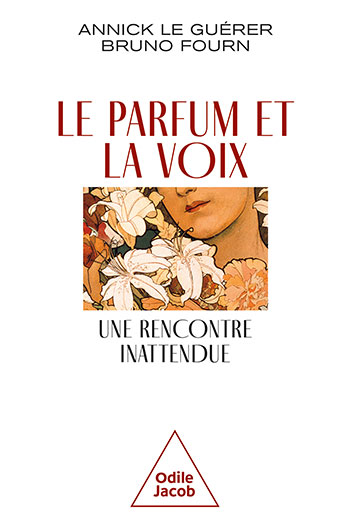
Annick Le Guérer, Bruno Fourn
Scents and Sound, an Unexpected Association
The mysterious voice-scent synaesthesis

Françoise Héritier
On Violence II
In this new volume, anthropologists, biologists, psychoanalysts and political scientists continue their interdisciplinary examination of violence. What are our links with the animal world? Is the animal metaphor relevant when discussing violent acts committed by human beings against other human beings? What is the relationship between pain and violence? What part does violence play in social relations? What is nonviolence? Could the concept of nonviolence enable us to develop a universal ethical system? Françoise Héritier is an honorary professor at the Collège de France.
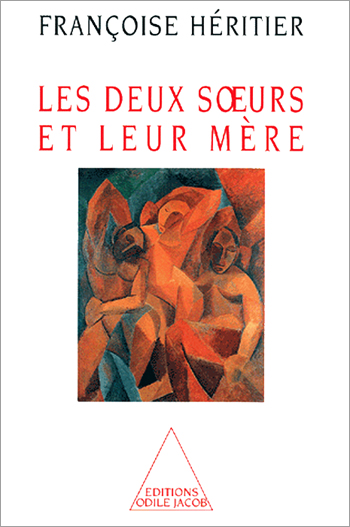
Françoise Héritier
Two Sisters and Their Mother The Anthropology of Incest
The author explores the taboo regarding the incest of the second type which concerns blood relations of a same sex who share the same sexual partner. She makes us understand that the categories which we use to determine what is incestuous and what is not are founded on representations of the identical and the different, which are themselves derived from the difference in the sexes.

